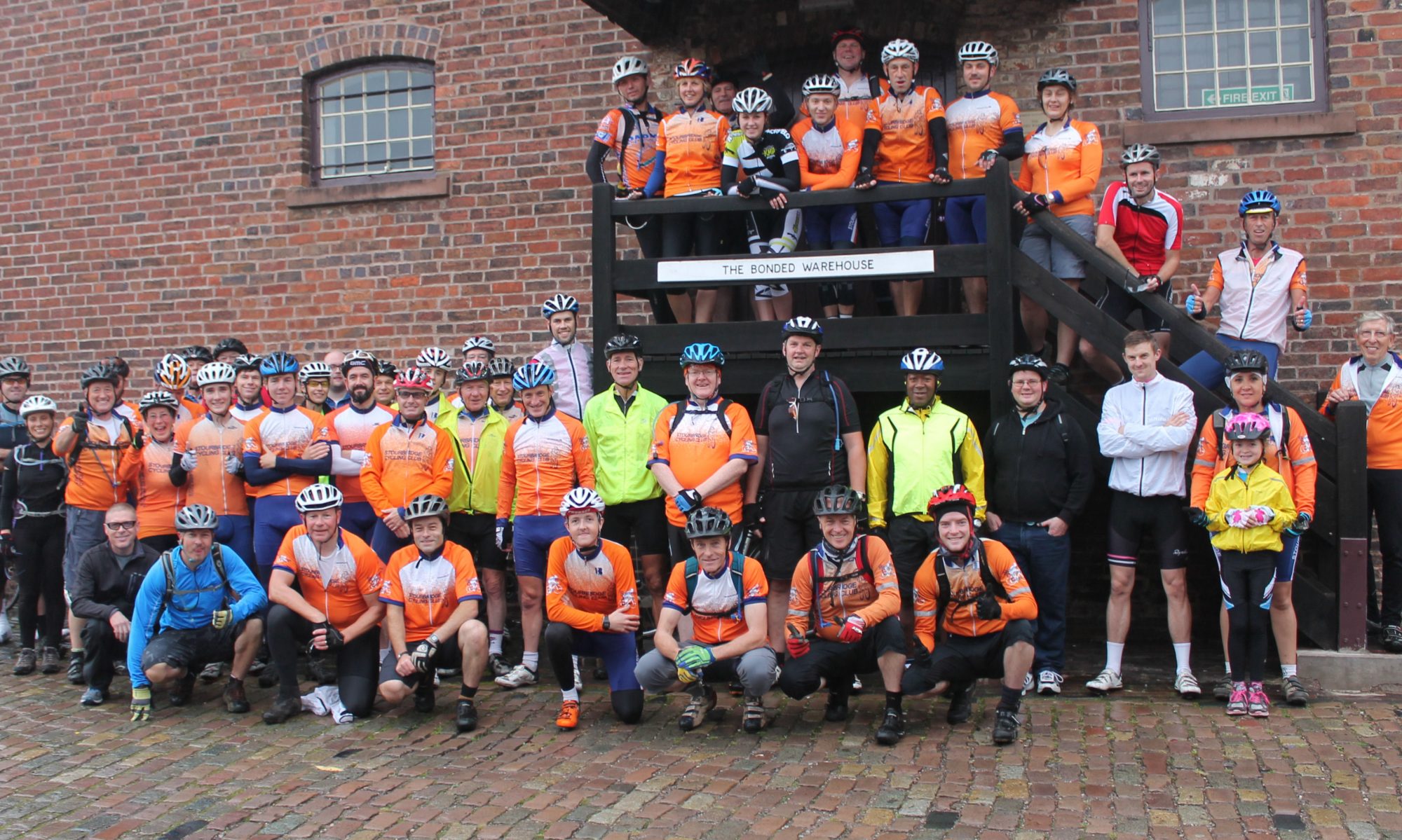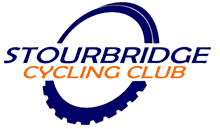Annex B to the Constitution: SCC Code of Conduct
1.0 Statement of Intent
This document is the Club’s code of conduct, which offers guidance on good practice for everyone involved in the activity of cycling.
The code of conduct is divided into four sections:
1.1 Rights: which outlines the basic rights of individuals to take part in the activity of cycling.
1.2 Relationships: which offers guidance on personal relationships in cycling.
1.3 Personal Standards: which outlines the standards of personal conduct and behaviour expected within the Club.
1.4 Professional Standards: which details the commitment to best practice and ongoing professional development expected of officials, coaches, volunteers and all others in positions of authority within SCC or when acting on behalf of other organisations that support cycling.
1.1 RIGHTS
1.1.1 Statement
It is essential that all people involved in cycling recognise and ensure that everyone has an equal right to participate in the activity of cycling.
1.1.2 Issues
SCC members should:
1.1.2.1 Take every effort to make cycling an activity where everyone is treated as an individual and which is open and available equally to all members of society.
1.1.2.2 Make every effort to ensure that cycling in all its forms offers the individual the opportunity to participate without fear or harassment. Where a participant experiences fear, harassment or bullying, the individual has a right to make a complaint and for that complaint to be heard and acted upon in accordance with the relevant policy
1.1.2.3 Respect the right of members to consult with other clubs and people who may offer support and advice.
1.1.3 Actions
SCC members will:
1.1.3.1 Ensure that all individuals in cycling are, at all times, treated with respect.
1.1.3.2 Not discriminate against an individual for any reason, whether it be race, colour, gender, marital status, sexuality, age, disability, occupation, religion or political persuasion.
1.1.3.3 Challenge discrimination in whatever form it takes.
1.1.3.4 Always behave with discretion when discussing other individuals and avoid engaging in descriptions or publicly criticising them in a way which they may find demeaning.
1.1.3.5 Communicate with each other in a way which reflects respect and care. This is especially important when dealing with children or vulnerable adults.
1.2 Relationships Statement
SCC members should build relationships within the cycling fraternity which are open and honest, and founded on mutual trust and respect.
1.2.1 Issues
1.2.1.1 Members must not behave in any way which involves or could be construed as abuse of any kind, whether it be sexual, physical, emotional, neglectful or bullying. The welfare and best interests of everyone involved with the activity of cycling should be respected and promoted at all times. Individuals should be empowered to be responsible for their own decisions.
1.2.1.2 Members must always take action if they have concerns about an adult‘s behaviour towards a child.
1.2.1.3 When coaching is offered under the name of SCC, it is important to clearly define the level of expertise, services and any fees involved.
1.2.1.4 Coaches acting on behalf of SCC should work with and communicate with a range of individuals and organisations that will benefit the individual and provide them with a broader range of services and knowledge. Equally, coaches should discuss and agree with the cyclist other sources of information and guidance if they believe it will be of benefit to the cyclist.
1.2.2 Actions
SCC should:
1.2.2.1 SCC Committee should involve and consult members in the decision-making processes. Members must respect other members’ opinions concerning their participation in cycling. Equally, members should be encouraged to take responsibility for their own actions and be aware of the consequences.
1.2.2.2 SCC Committee should keep members informed of matters concerning the Club where appropriate. An understanding of the potential for conflicts of interest and a willingness to resolve them is also important and all members should be willing to work toward harmonious relationships within the Club.
1.3 PERSONAL STANDARDS
1.3.1 Statement
1.3.1.1 SCC members should demonstrate proper personal behaviour and conduct at all times.
1.3.2 Issues
1.3.2.1 SCC members must be fair, honest and considerate to other members and other individuals involved in the activity of cycling.
1.3.2.2 SCC members must attempt to provide positive role models for others at all times so far as the activity of cycling is concerned.
1.3.3 Actions
1.3.3.1 It is essential to act within the law and the spirit of cycling at all times when cycling. Club members should display respect for other cyclists and obey laws, rules and regulations relating to cycling at all times.
1.3.3.2 SCC members must be prepared to familiarise themselves with laws, rules and regulations relating to cycling.
1.3.3.3 High standards of behaviour are expected of everyone within SCC when cycling with, or representing the Club.
1.4 PROFESSIONAL STANDARDS
1.4.1 Statement
1.4.1.1 To maximise the enjoyment and benefits of cycling, minimise the risks to other cyclist and ensure safe and correct practice, all members of SCC who provide a service in an official capacity on behalf of the Club must attain a high level of competence through qualifications and a commitment to ongoing training and must support and implement the codes of conduct and policies of the appropriate governing bodies.
1.4.2 Issues
1.4.2.1 SCC members providing such services must strive to provide a safe environment that maximises the enjoyment and benefits of cycling and minimises risks to participants, thus helping them to achieve their goals. Safe and correct practice must be carried out and promoted at all times.
1.4.2.2 Officials, coaches and others in positions of authority within SCC must at all times strive to be professional and accept responsibility for their actions. They should make an ongoing commitment to provide participants with a quality service. Beyond that, they should actively promote the positive benefits to society of participation in cycling.
1.4.3 Actions
1.4.3.1 SCC will follow guidelines issued by appropriate governing bodies and organisations within cycling as appropriate.
1.4.3.2 Coaches and officials acting on behalf of SCC should seek to attain the highest level of qualification available and maintain an up-to-date knowledge and understanding of technical developments within cycling, and of other issues which may have an influence on their ability to provide the service on behalf of SCC.
1.4.3.3 It is vital that no one in SCC, at any level, assumes responsibility for any role which they are not qualified or prepared for. Above all, they should not mislead others as to their level of qualification or competence.

